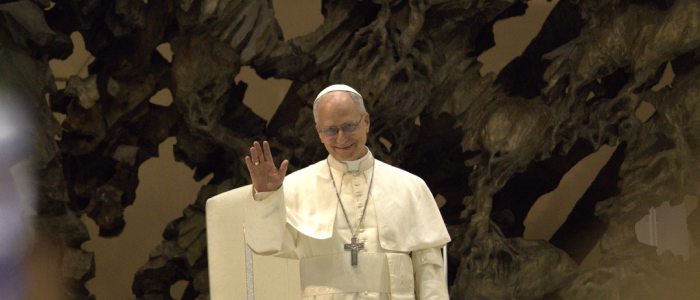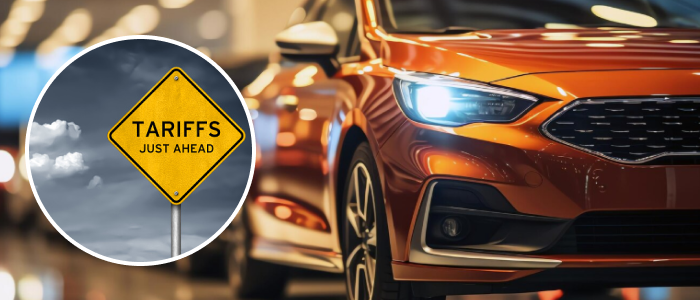FORGING A SECURITY PARTNERSHIP
A central theme of the summit is a proposed UK-EU Security and Defence Partnership. It was originally raised in Brexit talks under Boris Johnson, but it was overshadowed as the UK focused on exiting the EU. Now talks are back on, and they are being driven by EU foreign policy head, Kaja Kallas, who emphasized the importance of partnership in a time of global instability.
But not everyone is on board with the plan. Some, including Tory MP Alex Burghart and Reform UK’s Richard Tice, believe NATO is enough and that the UK should not be shackled to EU military edifices. The government argues that as a supplement, rather than a substitute, this cooperative partnership would strengthen, rather than undermine, NATO, also including economic security, infrastructure and migration.
Industry figures such as Kevin Craven, of the ADS Group, believe there is an opportunity to reap economic rewards. The SAFE programme of the EU may yield €150bn for defence projects, and British firms could get their share if they are members of the partnership. Craven feels that contributions from the UK could increase EUs defensive capability by 20%. Liberal Democrat spokesman Calum Miller says that in addition to economic value, the deal has strategic importance.
Some argue that the UK is already working together with Europe via NATO or the Coalition of the Willing, but the formal partnership could be seen as deepening the relationship further.
Business, Food Checks and Border Delays
Another of the sticking points is a demand for a veterinary agreement to take the labelling off of checks at the border for food and drink — one of the areas worst hit by Brexit. Cabinet Office Minister Nick Thomas-Symonds backs the deal, saying it could help cut food costs and increase trade.
Small-business owners like Julianne Ponan, who exports vegan snacks, have battled EU rules since Brexit. She says the deal might open some doors. But critics, including Conservative Shadow Secretary Andrew Griffith, say it would mean the UK having to give up control over its food laws - and especially as EU courts would police the rules.
Reform UK has been still more forthright, terming the discussions a “Great British sellout,” and warning that any deal would unravel parts of Brexit. That’s while Liberal Democrats propose an even closer economic relationship, including a Customs Union; they say that wouldn’t bring friction to a UK independent trade policy.
Trade experts such as David Henig see the summit as progress, but nothing transformational. Jill Rutter, a policy expert, thinks a food deal would not in itself be economically revolutionary, but could pave the way for greater cooperation.
Fish Rights and Immigration Talks
Fishing is still a burning issue. The current deal giving EU boats access to UK waters runs out next year. Brexit figure David Davis argues that this time the UK should stay firm. But because a large share of the U.K.’s fish are sold to the E.U., Britain could find itself having to make concessions.
The concept of an under-30 youth mobility scheme where young people live and work in each other’s countries has, meanwhile, gained traction. Having once opposed, Labour's Thomas-Symonds now supports a "smart, controlled" system that would not address overall migration numbers. There are already such arrangements with countries including Australia and Japan.
Surveys indicate most voters are more worried about illegal immigration than legal, youth-focused interactions. Experts think Labour has little political risk in doing such deals – especially as the majority of its voters in 2024 voted for Remain.
But Tory pollster Lord Hayward says anything even looking like a move to “EU membership 2.0” could backfire on them. Critics like Richard Tice have promised to reverse any new pacts if their party comes to power.
Making Brexit Work
Despite the strong views that have been expressed in both directions, Labour tells you it isn’t simply reversing Brexit. Instead, it says it is working to make Brexit work better for the British — by bolstering trade, enhancing security and re-establishing cooperation with the European Union in practical ways.
When the dust settles, a dusting of common sense may emerge to draw a line under not a historic turning point but a new chapter in Britain’s relations with Europe, one governed by realism, not rivalries.
Stay informed with Newsbuck – your go-to source for global news, trends, and updates across tech, health, politics, and more. Trusted stories, delivered fresh. Explore more on Newsbuck!















